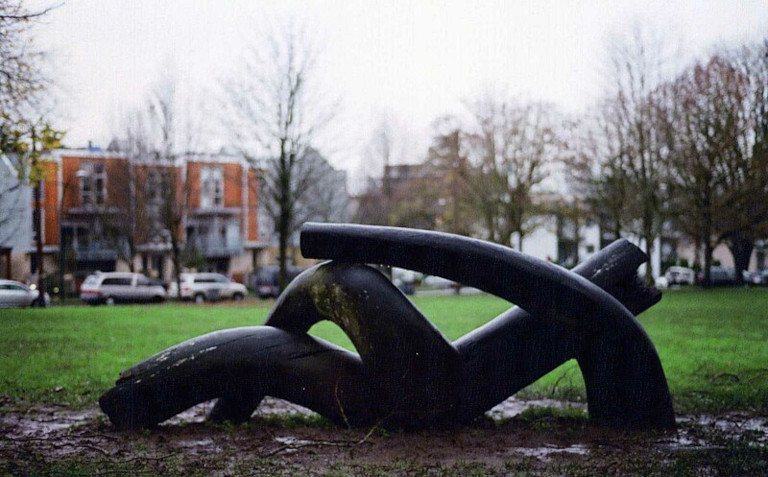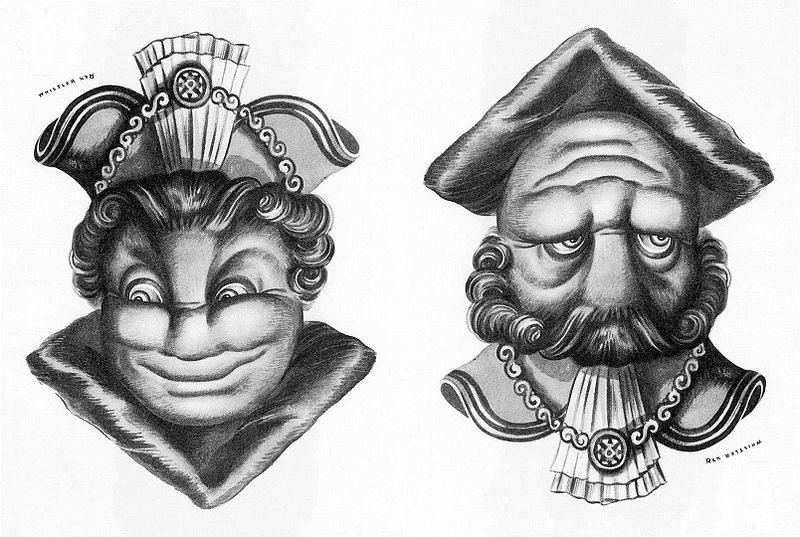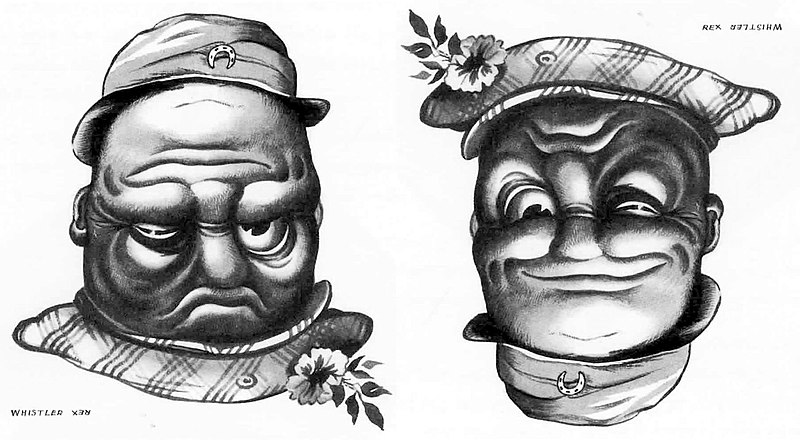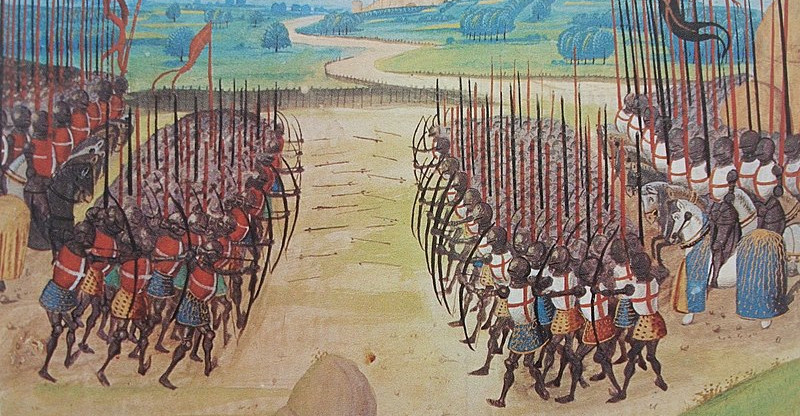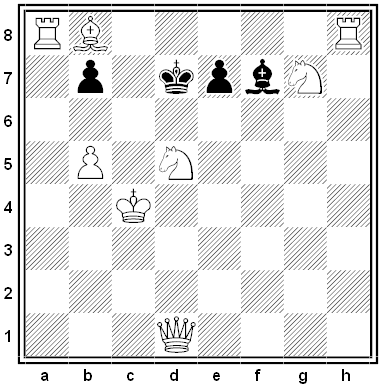
In 2015 Nature published an alarming article suggesting that dragons are real and had only gone to sleep during the Little Ice Age. A medieval document discovered “under a pile of rusty candlesticks” in the Bodleian Library showed that the creatures were once common but had entered a state of brumation when temperatures dropped and their traditional diet of knights began to thin. Rising temperatures in the modern age have correlated with increasing mentions in fictional literature, which “suggests that these fire-breathing lizards are being sighted more frequently.”
It gets worse: “Sluggish action on global warming is set to compound the problem, and policies such as the restoration of knighthoods in Australia are likely to exacerbate the predicament yet further by providing a sustained and delicious food supply.” The date of the article was April 2.
(Andrew J. Hamilton, Robert M. May, and Edward K. Waters, “Here Be Dragons,” Nature 520:7545 [April 2, 2015], 42-43.)

